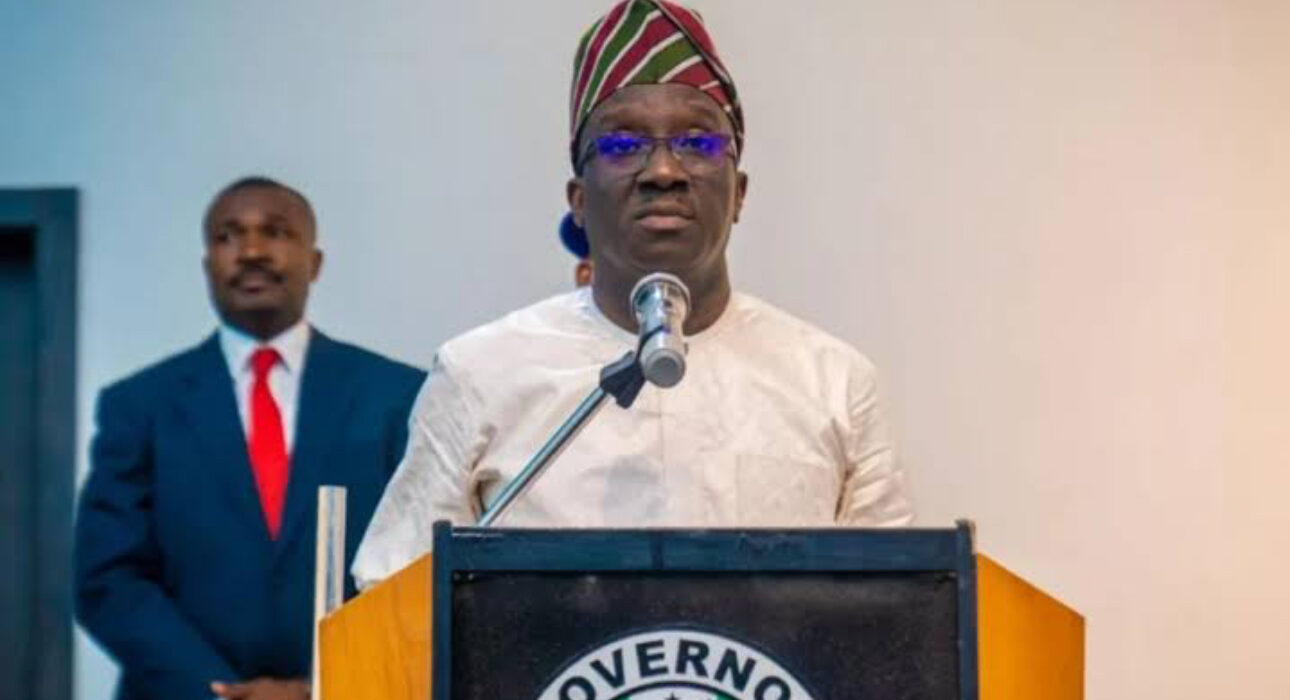Edo State Governor Okpebholo Offers Amnesty to Cultists, Seeks End to Insecurity

In a bold move to tackle the rising tide of insecurity and cult-related violence in Edo State, Governor Monday Okpebholo on Wednesday announced a comprehensive amnesty program targeting cultists and individuals in possession of illegal firearms.
The initiative, unveiled during a peace-building meeting with leaders from Obagie, Oke-Oroma, and Amagba communities in Benin City, aims to restore peace and stability in volatile areas and pave the way for sustainable development, including the proposed New City Project.
Governor Okpebholo described the amnesty as a “window of restitution” for those willing to renounce cultism and criminal lifestyles.
He assured that repentant individuals who voluntarily surrender their weapons and disavow cult activities would not face prosecution, but rather be integrated into society through rehabilitation and empowerment.
“We are not here to condemn but to redeem. This amnesty is a chance for those who have gone astray to return to society with dignity.
“We are committed to building peace, not just through law enforcement, but through genuine dialogue, opportunity, and rehabilitation,” said the governor.
A technical committee is being set up to oversee the disarmament and reintegration process. Former cultists will be offered access to skills acquisition programs, job placement opportunities, and mental health support.
The amnesty program also comes as part of the state government’s broader development agenda, including the launch of the New City Project—a strategic urban expansion effort expected to generate jobs and infrastructure improvements.
Okpebholo emphasized that sustainable development cannot occur in the midst of violence and unrest. He appealed to the residents of the affected communities to embrace peace and partner with the government for progress.
“Obagie, Oke-Oroma, and Amagba are critical to our New City vision. We want development to come with peace and inclusiveness, not conflict and fear.”
The governor also addressed ongoing land disputes in the state, particularly those stemming from demolitions carried out by the previous administration. He assured affected individuals that justice would be served through the newly inaugurated Committee on Land Resolution.
Residents were encouraged to submit valid land documents for verification and registration through the Edo Geographical Information System (EdoGIS), a digital platform for land title authentication and issuance.
Leaders of the three communities present at the meeting welcomed the initiative, commending the governor for choosing engagement over aggression. They expressed confidence in the government’s commitment to inclusive development and lasting peace.
“This is the first time in many years that we are being consulted and not condemned. We believe that with this administration, peace and progress will return to our lands,” said one of the community elders.
Governor Okpebholo’s amnesty offer represents a turning point in Edo State’s security and development strategy.
By combining justice with compassion, the administration is seeking to transform former trouble spots into zones of opportunity—offering hope to young people caught in cycles of violence, and a fresh path forward for the entire state.









